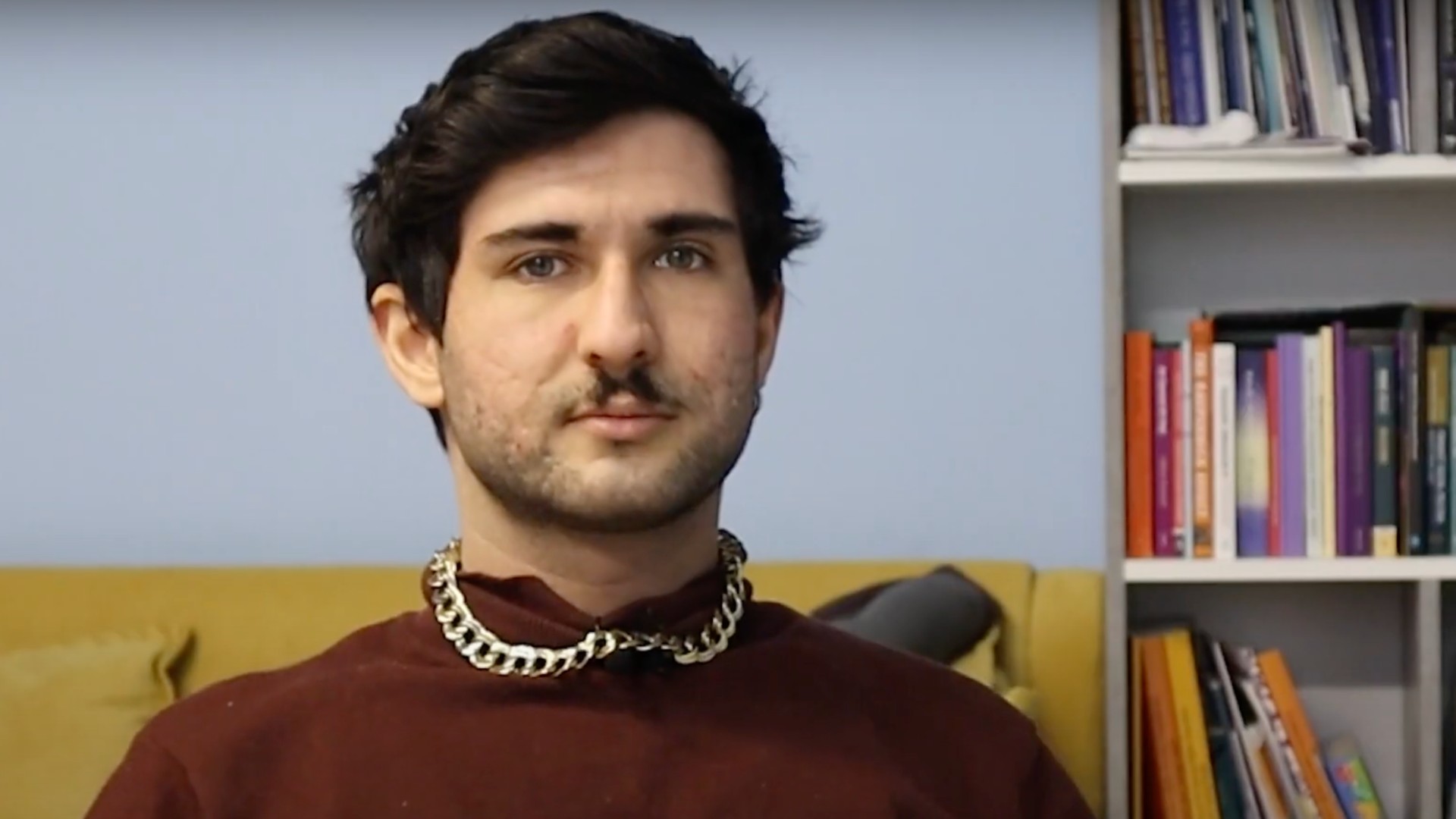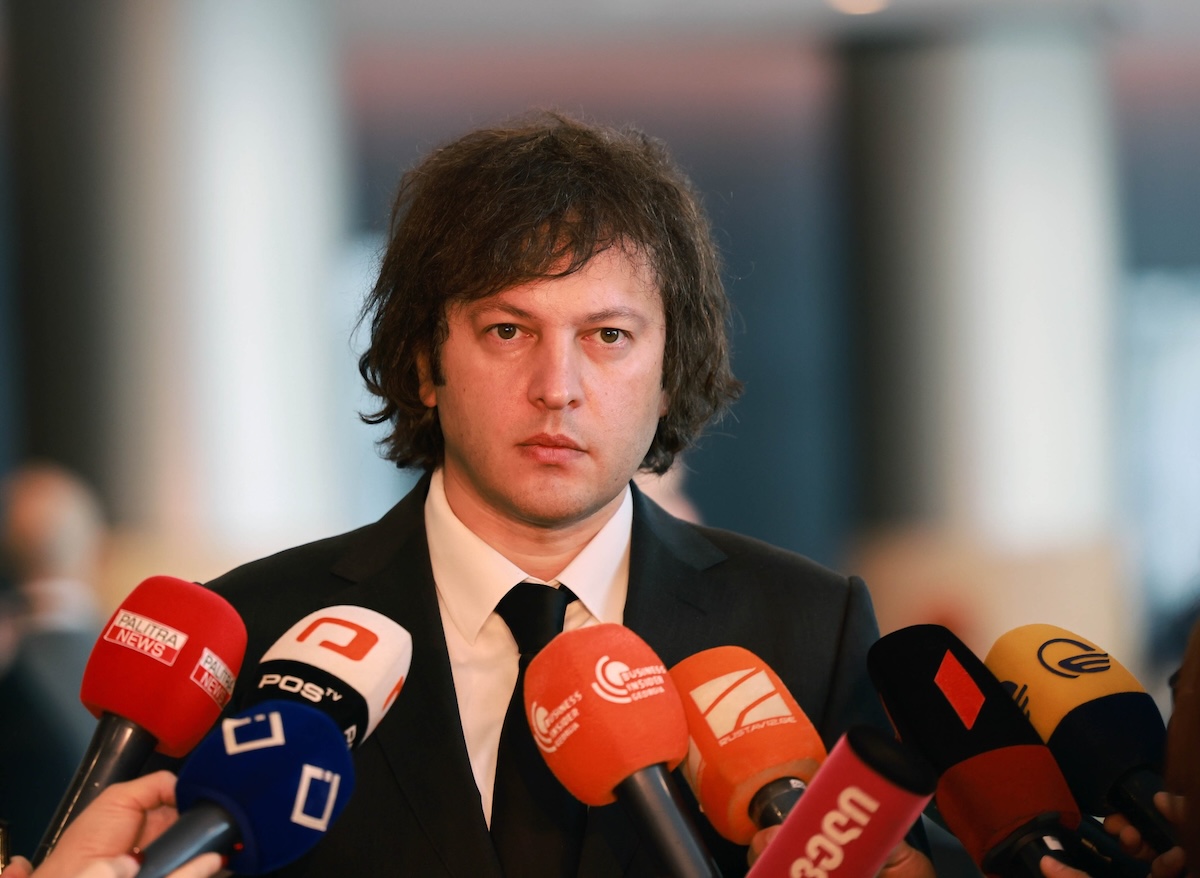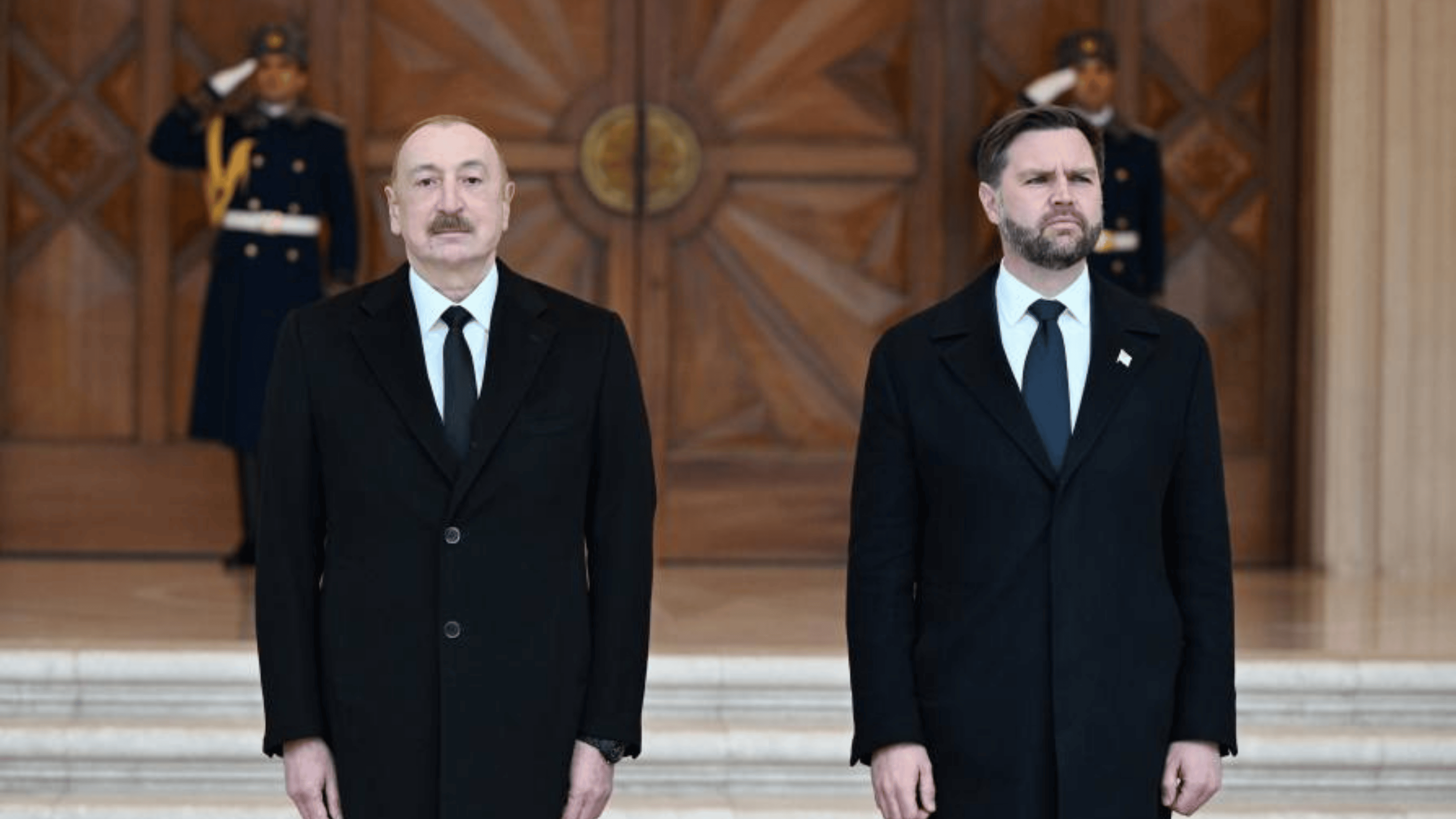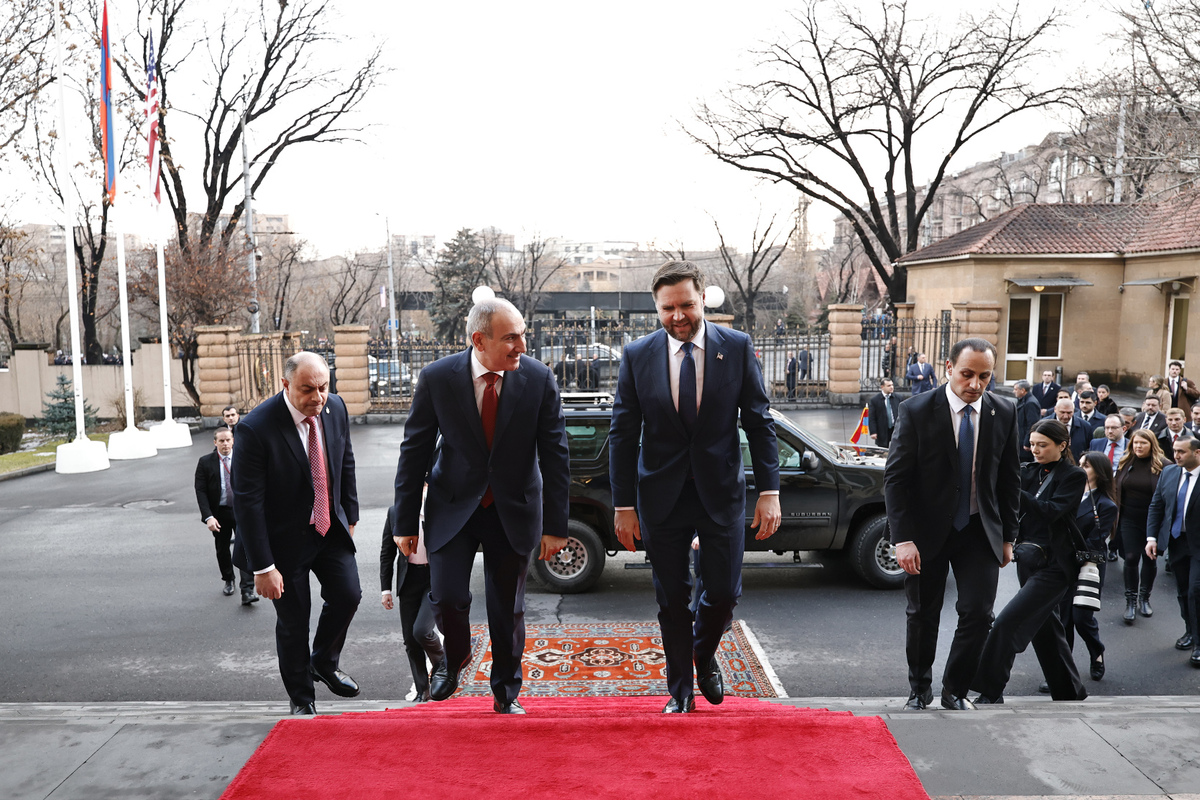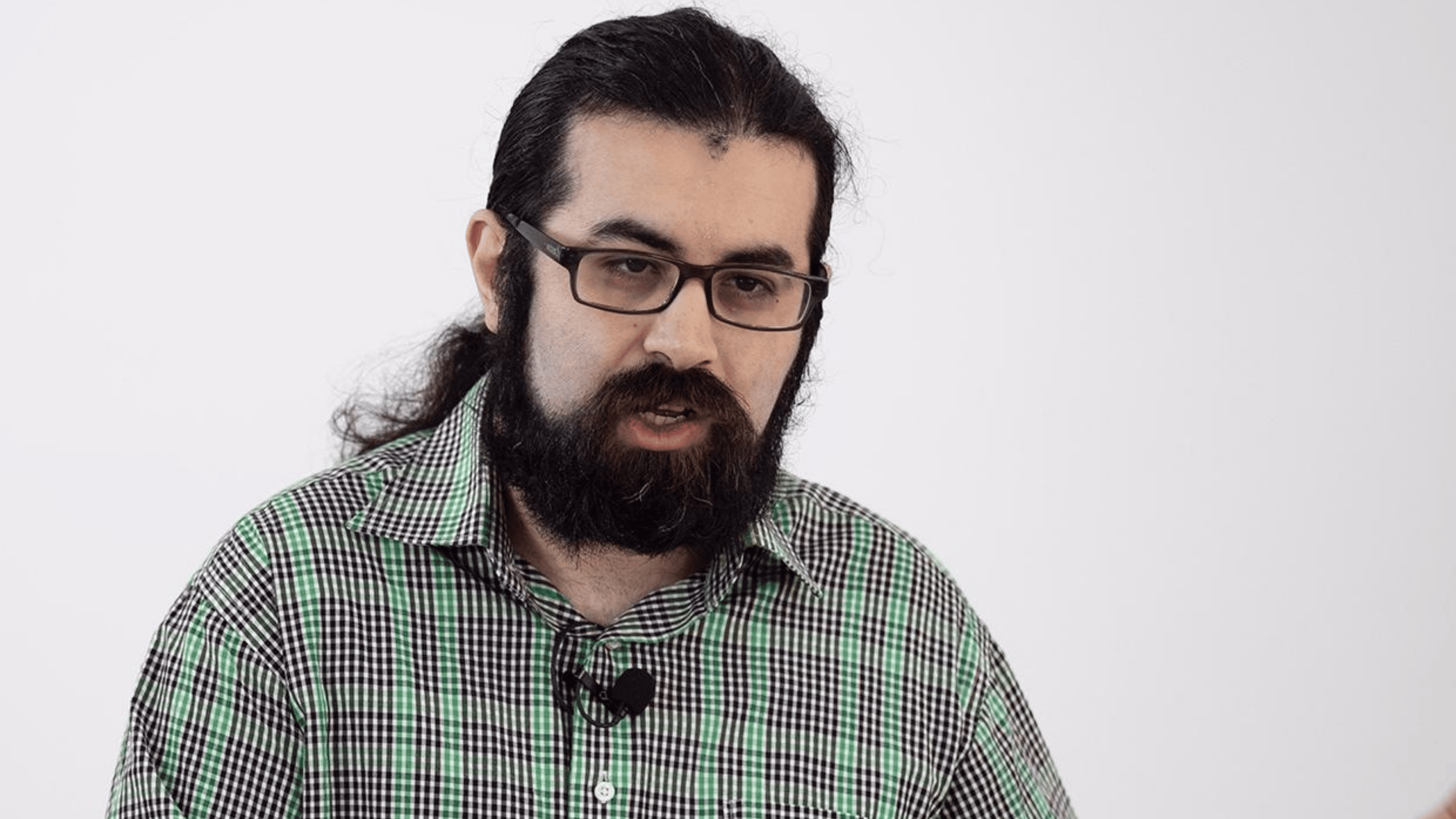'Justice will prevail,' says father of activist accused of treason in Azerbaijan. VIDEO
Arrests in Azerbaijan: Igbal Abilov
“It’s been exactly nine months since our son was taken from us,” says Shahib Abilov. His son, Igbal Abilov — a 36-year-old researcher specialising in the national culture of the Talysh people in Azerbaijan — was arrested in July 2024 on charges of treason.
He strongly denies the accusation, and his lawyer insists that the prosecution has no real evidence to support the case.
Igbal Abilov lived in Azerbaijan only until the age of five, after which his family moved to Belarus. There, he completed his schooling, graduated from the Faculty of International Relations at the state university, and began work on his dissertation while teaching. He returned to Baku to visit relatives — and was arrested.
We recorded the testimonies of his father and his lawyer:
Although Igbal Abilov lived and worked in Belarus, he holds Azerbaijani citizenship. An ethnic Talysh, he dedicated himself to the study of the Talysh language and culture, becoming editor-in-chief of the journal Bulletin of the Talysh National Academy.
He is also one of the founders of the Talysh National Academy, which was registered in Riga, Latvia, in 2010.
Over time, his academic interests expanded: he began studying the languages and cultures of other peoples living in the South Caucasus, Turkey, Iran, and even the Far East.
Abilov’s short film Fragments was awarded Best Science Fiction Film at the international film festival in Monza, Italy. It was also included among the top works at the Prisma Awards – Rome Independent Film Award.
“The film was due to be shown at the Warsaw Film Festival at the end of July. But Igbal was arrested, and this opportunity was taken from him,” his father says.
Upon his arrest, several charges were brought against Igbal Abilov:
- Treason,
- Public calls against the state on behalf of foreign organisations,
- Incitement of national, racial, social, or religious hatred and enmity.
He has been held in pre-trial detention since 22 July 2024. On 10 February this year, his criminal case was transferred to the Baku Court for Serious Crimes.
Igbal’s father recounted that the scholar was interrogated at the State Security Service for six hours. They told him that they had been tapping his phone since March or April, despite the fact that he did not live in Azerbaijan.
“But then they let him go. He came out smiling, just as we were used to seeing him. They told me: ‘He’s a scholar — let him do his research, not get involved in other matters.’ I replied: ‘But he isn’t involved in anything else,’” his father said.
However, a few days later, when Igbal Abilov tried to return to Belarus, he discovered that he had been banned from leaving the country. His passport and mobile phones were confiscated.
“On 19 July, we received a call saying, ‘Tell him to come to Masalli (260 km from Baku) to collect his documents.’ We thought — thank God, there is justice,” his father recalled.
What happened next came as a complete shock:
“We arrived there and waited by the gates while Igbal went inside. Barely five minutes later, a car sped past at high speed. We grew anxious and went inside. We asked, ‘What happened?’ They told us, ‘Yes, he was taken away.’ After that, we notified the Ombudsman’s Office and returned to Baku. There we were officially told that he had been arrested. ‘For what?’ I asked. They replied: ‘We don’t know. It’s a political case.’”

Lawyer Fariz Namazli insists that there is no evidence to support the charges against Igbal Abilov.
“For many years, he has been working to defend the rights of national minorities, researching their history, and conducting ethnographic studies,” he said.
“Most likely, his arrest is connected to this work,” he added.

A representative of Igbal Abilov’s defence committee, Oktay Askerov, says that the presumption of innocence has been violated.
“Government-linked media have already declared Igbal a criminal. No one has the right to do this without a court decision,” he stated.
Igbal’s father remains hopeful that justice will prevail: “We have always believed in justice. If not today, then tomorrow, it will come. I urge everyone going through such suffering to remain patient and to continue living with the belief that justice will win.”










